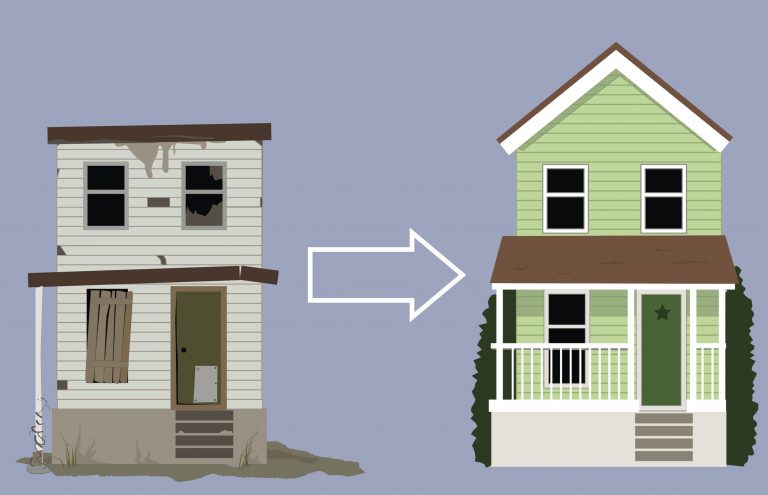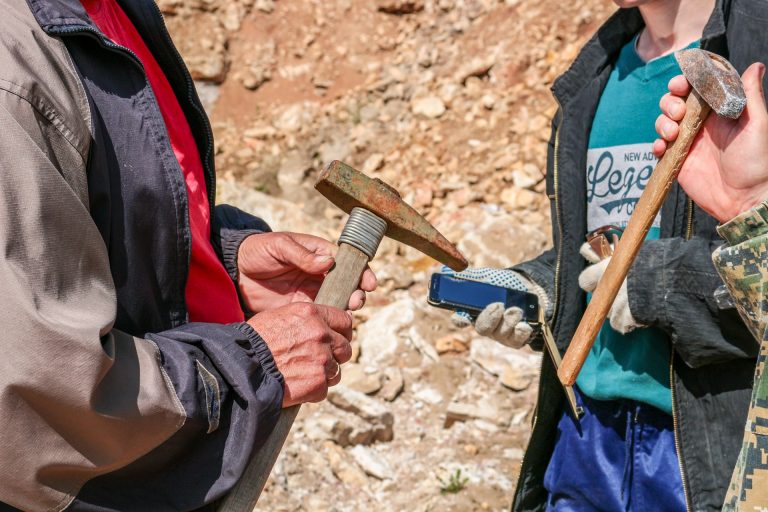Technicians in automotive service maintain, restore, and inspect automobiles, light trucks, and other equipment. Other names for them include service technician, car mechanic, car technician, car technologist, or service technician.
Duties include ensuring the success of emission tests, vehicle diagnostic testing, and replacement of worn parts. On brakes, engines, steering, and electrical systems, the auto mechanic will operate.
Knowledge of machines is significant, and prior automotive experience can be helpful. See this article for information on how to become an automotive technician!

Overview Of The Job
Job titles for automotive technicians can differ between companies. For this position, alternate job titles include auto mechanic and service technician.
When you build an automotive technician job description, consider adding some of the above-mentioned job titles to make it easier for applicants to locate your listing.
An automotive technician does the following tasks.
- Maintenance and repair of consumer vehicles.
- Identify concerns with the use of diagnostic equipment in cars.
- Explain and provide excellent customer support for vehicle maintenance and problems.
- Using visual guides and expertise to prepare maintenance procedures.
- Check the modules and systems functionality.
- Perform simple auto care and repair tasks such as oil adjustments, tests of fluid level, and rotation of tires.
- Brake pads, tire bearings, sensors, and other components are repaired and replaced.
- Perform routine maintenance and general vehicle mechanical tasks.
Education And Training
Most automotive technicians start with a high school diploma, GED or equivalent. Some high schools offer vocational training programs that include automotive repair.
Many technicians attend postsecondary education programs in automotive service technology. These programs typically last from 6 months to 2 years and provide hands-on training with various automotive systems.
Immediately after graduation, this experience may lead to a job offer. Until promotion to a senior technician, most employers need from one to four years of training on the job. Before learning another skill, you can perform the same task many times with supervision.
Certifications
The National Institute for Automotive Service Excellence (ASE) certification is widely recognized in the industry. Technicians can earn certifications in areas such as engine repair, brakes, electrical systems, and more. ASE certification is only acquired by a strict exam and acquiring experience.
How To Harness Your Skills
Acquire a tool kit. While some stores have the equipment, you may be forced to use your own equipment in some places you will work in.
You should learn how to use advanced automotive equipment and take care of them and always have everything you need to complete your job.
For students or entry-level automotive technicians, certain tool manufacturers have discounts or payment schedules.
Show passion for job preparation. Be confident and ready to learn and perfect the skills you are asked to do, no matter what job you are given during an internship or training time.
Average Salary
Automotive technician wages depend on the level of experience, as well as a lot of other factors like duties, location, employer, etc.
Entry-level automotive technicians can expect to earn an average salary of around $30,000 to $40,000 per year. With experience and additional certifications, technicians can earn an average salary of $50,000 to $60,000 per year.
Master technicians with extensive experience and certifications can earn upwards of $70,000 per year or more.
Working Environment
There is no set characteristics, since each workplace is different. However, you can always have in mind this:
- Most automotive technicians work in garages, auto repair shops, or dealerships. The work environment can be noisy and may involve exposure to chemicals and heavy machinery.
- The job is physically demanding, often requiring technicians to lift heavy parts, work in awkward positions, and stand for long periods.
- Technicians must follow safety protocols to avoid injuries and accidents. Personal protective equipment, such as gloves and safety glasses, is commonly used.
How To Get A Job
You may want to try out these job portals if you seek the position.

Conclusion
Overall, you have access to power tools, air tools, and hand tools such as wrenches, along with the different fluids that make an engine run, such as engine oil, transmission fluid, antifreeze, brake fluid, and gasoline.
If you want to launch a career in the automotive industry, try out these tips now!
Also read – How to Get a Job With Auto Dealerships












